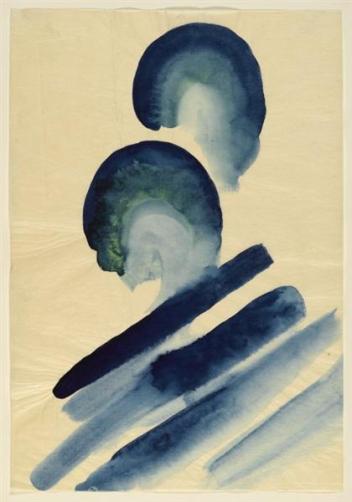
A Memory Palace
by J.P. Slote
The impression is of a huge stone pile, a palace of white marble blocks stacked by a giant child from a race of giants. There are bigger buildings, taller atriums in this city, but inside the entrance hall of the New York Public Library’s Manhattan Main Branch on 5th Avenue and 42nd Street, one is awed by the massiveness of the entire endeavor.
The eye is deceived—distance is skewed. Tiny little faces of people peer down from behind the stone railings of the stone balcony above; the ant-like proportions of people climbing up and down the massive stone stairs at the two ends of the stone chamber; the massive stone arches through which tiny modern people enter and exit. Escher’s impossible logic—simultaneously ascending and descending, coming and going—materializes for a surreal instant.
Other senses are affected. Sounds are both muffled and amplified—whirr of two archaic fans posted like tall sentinels on either side of the open entrance door (so mid-20th century). The ripeness of bright summer heat blowing in, unfiltered, from the city smells archaic in the vast, hushed, and darkened interior. The ear loses its bearings: echoes echo off stone—through the arches, around the pillars, down the staircases, along corridors seen and unseen.
The enormous hall puts one into an odd associative or dissociative state of mind. Build thee more stately mansions, O my soul. A line of poetry (“The Chambered Nautilus,” Oliver Wendell Holmes) floats to the surface of the mind, from a children’s book (The Diamond in the Window, Jane Langton) read long ago about a brother and sister trapped in a dream, in a seashell, by the ocean’s shore, who discover the doors to their many-chambered prison open as they recite lines of poetry. Ever-grander sentiments release them into ever-grander chambers—until they tumble out onto the sand just in time to escape the rising tide.
A mausoleum, a memory palace, built to hold, encompass interiority (thought, dream, memory, desire). The space is real, finite, concrete—but the dream is illusive and infinite.
PHOTO: New York Public Library, Main Branch, by Vitaly Edush, used by permission.

NOTE FROM THE AUTHOR: A few years ago, I did a summer seminar at The Cullman Center Institute for Teachers, an enrichment program for New York city public school teachers of humanities. My cohort met every morning in The Cullman Center’s offices inside the New York Public Library’s Main Branch on 5th Avenue and 42nd Street to work with a Cullman Writing Fellow, reading and discussing a wide variety of creative nonfiction, and in turn writing pieces of our own. Our first assignment was to choose a location in the building and describe it fully. “A Memory Palace” is the result.
PHOTO: The author inside the New York Public Library, Main Branch.

ABOUT THE AUTHOR: J.P. Slote is a poet, actor, and educator. Co-founder of Loretta Auditorium, a collaboration of theatre artists, she is the author of Loretta Auditorium Presents The Body of Loretta, three plays on the pornography of power, free will on the free market, and arousal in the public realm, published by Fly by Night Press and soon to be available at www.tribes.org. A native New Yorker, She lives and works on the Lower East Side, the neighborhood of her immigrant grandparents, where she teaches literature and writing to a new generation of young adult immigrants.























